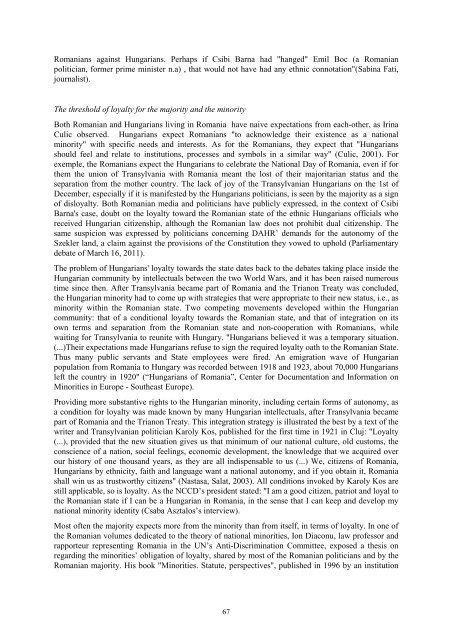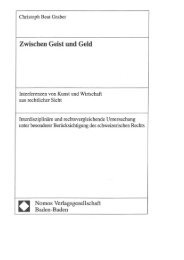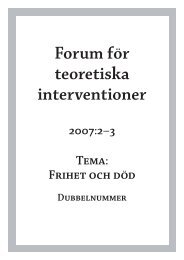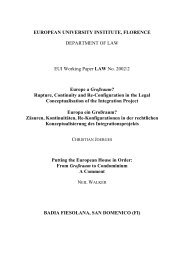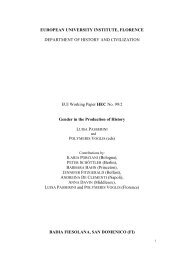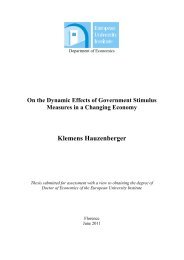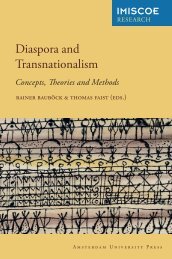Sinziana-Elena Poiana Ioana Lupea Irina-Madalina Doroftei Alina ...
Sinziana-Elena Poiana Ioana Lupea Irina-Madalina Doroftei Alina ...
Sinziana-Elena Poiana Ioana Lupea Irina-Madalina Doroftei Alina ...
You also want an ePaper? Increase the reach of your titles
YUMPU automatically turns print PDFs into web optimized ePapers that Google loves.
Romanians against Hungarians. Perhaps if Csibi Barna had "hanged" Emil Boc (a Romanian<br />
politician, former prime minister n.a) , that would not have had any ethnic connotation"(Sabina Fati,<br />
journalist).<br />
The threshold of loyalty for the majority and the minority<br />
Both Romanian and Hungarians living in Romania have naive expectations from each-other, as <strong>Irina</strong><br />
Culic observed. Hungarians expect Romanians "to acknowledge their existence as a national<br />
minority" with specific needs and interests. As for the Romanians, they expect that "Hungarians<br />
should feel and relate to institutions, processes and symbols in a similar way" (Culic, 2001). For<br />
exemple, the Romanians expect the Hungarians to celebrate the National Day of Romania, even if for<br />
them the union of Transylvania with Romania meant the lost of their majoritarian status and the<br />
separation from the mother country. The lack of joy of the Transylvanian Hungarians on the 1st of<br />
December, especially if it is manifested by the Hungarians politicians, is seen by the majority as a sign<br />
of disloyalty. Both Romanian media and politicians have publicly expressed, in the context of Csibi<br />
Barna's case, doubt on the loyalty toward the Romanian state of the ethnic Hungarians officials who<br />
received Hungarian citizenship, although the Romanian law does not prohibit dual citizenship. The<br />
same suspicion was expressed by politicians concerning DAHR’ demands for the autonomy of the<br />
Szekler land, a claim against the provisions of the Constitution they vowed to uphold (Parliamentary<br />
debate of March 16, 2011).<br />
The problem of Hungarians' loyalty towards the state dates back to the debates taking place inside the<br />
Hungarian community by intellectuals between the two World Wars, and it has been raised numerous<br />
time since then. After Transylvania became part of Romania and the Trianon Treaty was concluded,<br />
the Hungarian minority had to come up with strategies that were appropriate to their new status, i.e., as<br />
minority within the Romanian state. Two competing movements developed within the Hungarian<br />
community: that of a conditional loyalty towards the Romanian state, and that of integration on its<br />
own terms and separation from the Romanian state and non-cooperation with Romanians, while<br />
waiting for Transylvania to reunite with Hungary. "Hungarians believed it was a temporary situation.<br />
(...)Their expectations made Hungarians refuse to sign the required loyalty oath to the Romanian State.<br />
Thus many public servants and State employees were fired. An emigration wave of Hungarian<br />
population from Romania to Hungary was recorded between 1918 and 1923, about 70,000 Hungarians<br />
left the country in 1920" (“Hungarians of Romania”, Center for Documentation and Information on<br />
Minorities in Europe - Southeast Europe).<br />
Providing more substantive rights to the Hungarian minority, including certain forms of autonomy, as<br />
a condition for loyalty was made known by many Hungarian intellectuals, after Transylvania became<br />
part of Romania and the Trianon Treaty. This integration strategy is illustrated the best by a text of the<br />
writer and Transylvanian politician Karoly Kos, published for the first time in 1921 in Cluj: "Loyalty<br />
(...), provided that the new situation gives us that minimum of our national culture, old customs, the<br />
conscience of a nation, social feelings, economic development, the knowledge that we acquired over<br />
our history of one thousand years, as they are all indispensable to us (...) We, citizens of Romania,<br />
Hungarians by ethnicity, faith and language want a national autonomy, and if you obtain it, Romania<br />
shall win us as trustworthy citizens" (Nastasa, Salat, 2003). All conditions invoked by Karoly Kos are<br />
still applicable, so is loyalty. As the NCCD’s president stated: "I am a good citizen, patriot and loyal to<br />
the Romanian state if I can be a Hungarian in Romania, in the sense that I can keep and develop my<br />
national minority identity (Csaba Asztalos’s interview).<br />
Most often the majority expects more from the minority than from itself, in terms of loyalty. In one of<br />
the Romanian volumes dedicated to the theory of national minorities, Ion Diaconu, law professor and<br />
rapporteur representing Romania in the UN’s Anti-Discrimination Committee, exposed a thesis on<br />
regarding the minorities’ obligation of loyalty, shared by most of the Romanian politicians and by the<br />
Romanian majority. His book "Minorities. Statute, perspectives", published in 1996 by an institution<br />
67


